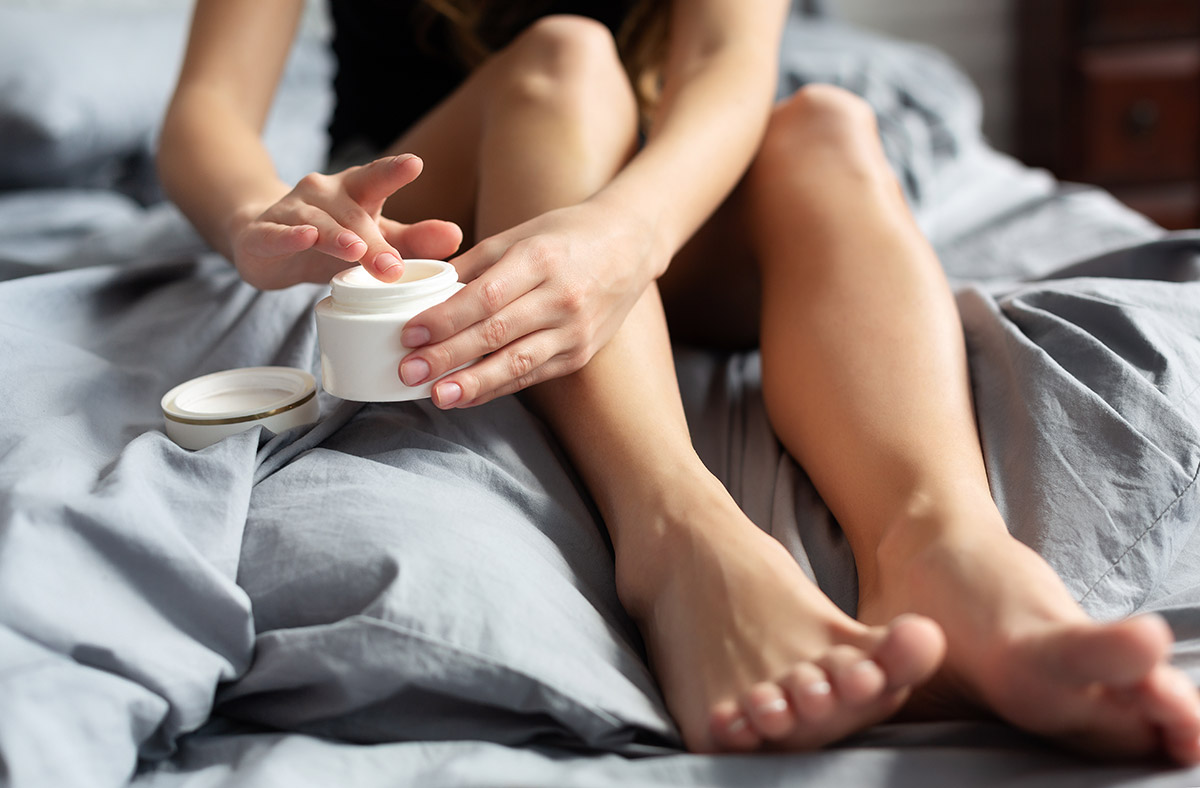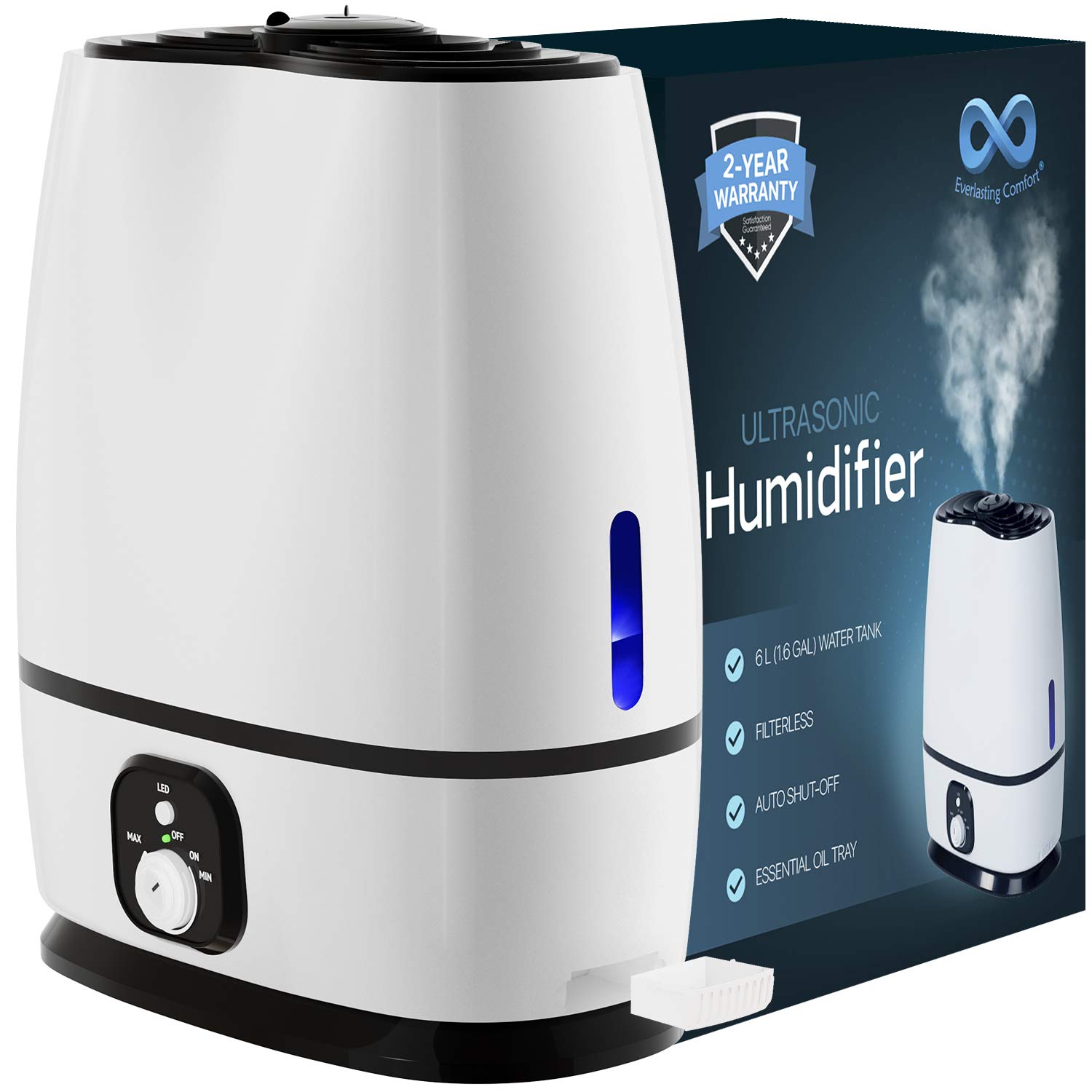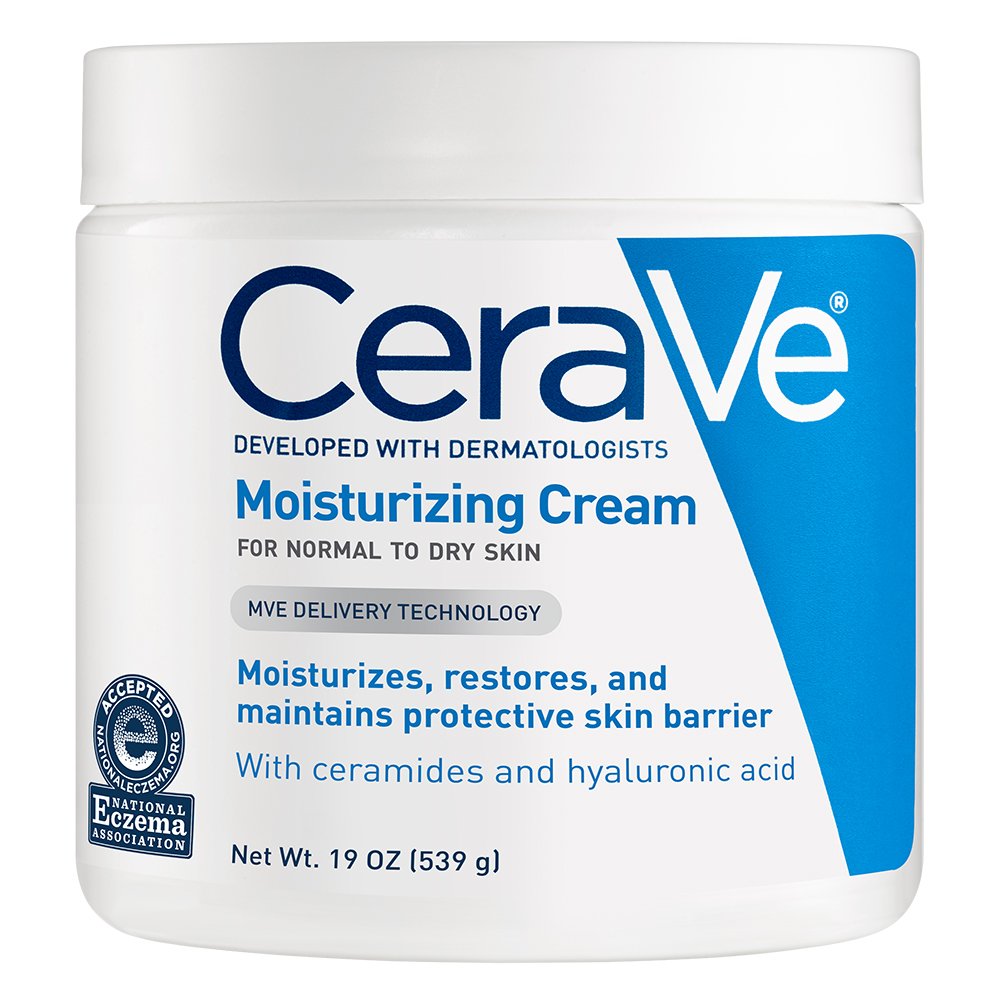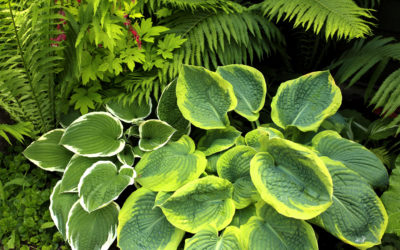
Caring for Dry Skin in Winter
If you’re like me, static electricity, cold hands and feet, and dry skin arrive alongside the cold, winter air. The dry air does a number on my eyes, nose, and, most of all, my skin, but over the years, I’ve learned some tricks to help curb and treat my itchy, parched skin. If you suffer like me, I hope these tricks help you this winter.
Get a Humidifier
I have one on each floor of the house, and I run them continuously. There are two reasons dry skin happens in winter: arid, cold air outside, and dry, warm forced-air inside. Wintertime humidity is very low, and what little moisture there is gets quickly sucked up into the air. Heated forced-air systems, unless they include a humidifier, push out dry, warm air. The combination of dry outside and inside air lowers your home’s humidity level below the recommended 43%. A humidifier puts water back into the air with a cool mist and raises the humidity level for more comfortable living and less itching!
Drink More Water
This may seem obvious, but it’s worth mentioning because it is vital to stay hydrated in winter; not only to combat dry skin but also to support your immune system. Your skin is the largest organ of your body, and it’s more vulnerable than you think. A strong immune system will help combat your dry skin from within, as does staying hydrated. So follow the 8×8 rule: 8 oz. glass, 8 times a day.
Avoid Overly Hot Showers
Hot water dries out skin because it damages the keratin cells, which are located in the outer layer of the skin, preventing them from locking in moisture. You may have noticed that applying lotion to dry skin can be a never-ending battle—soon after applying; you need more and more. That’s because our skin heals from within. The use of a lotion, cream, or petroleum jelly helps mimic the keratin cell’s job, allowing the body’s immune system to rush water and oils to the epidermis. If you frequently take overly hot showers or baths, those cells are continually being damaged, which can result in never-ending dry skin. Use lukewarm water instead and gently pat your skin dry—never rub harshly. You should apply a moisturizer within one minute of getting out of the shower, because your pores are more open, allowing your skin to absorb it better.
Exfoliating and Moisturizing Cream
Exfoliating your skin helps remove dead skin cells that can prevent moisturizers from being fully absorbed. Dead skin cells can also clog your pores and cause your skin to break out. A gentle, daily exfoliator will remove those dead skin cells, revealing newer, healthier ones ready for moisture absorption. You can use manual or chemical exfoliation, depending on your skin’s sensitivity. A manual example is a face brush like Clarisonic or a simple washcloth. Chemical exfoliation usually includes alpha hydroxy acids, like glycol, lactic, or citric acid.
Make sure to avoid moisturizers with artificial ingredients and perfumes, as the toxins in them can irritate your dry skin even more. Look for creams that are free of sulfates, phthalates, parabens, petrochemicals, mineral oil, silicone, talc, fragrances, BPAs, and GMOs. Dermatologists recommend using creams with ceramides, which are lipids that help form the skin’s barrier and help it retain moisture (remember those keratin cells). Also, look for hyaluronic acid. It’s naturally produced in our bodies, and it works to keep our tissues well lubricated and moist. Applying it topically or taken internally effectively plumps up the skin’s moisture content. And, as mentioned before, creams work best when used after water exposure, so after showering or washing your face.
Protect Your Skin
When you’re outside in harsh weather, protect your skin with thermal fabrics, gloves, and scarves. Once again, cold air has low humidity, so it naturally dries you out. Remember to stay hydrated while doing winter sports. Applying a moisturizer before bundling up can help protect your skin against the elements.
When indoors and in contact with water, like washing the dishes, use gloves to prevent skin cracking on the fingertips. If that happens, sleeping with moisturizing gloves works wonders overnight. Just apply lotion, or a triple antibiotic if needed, and wear the gloves to bed. They help the skin absorb and retain the moisture. Prevent dry skin on your feet by keeping your toes covered with socks and slippers. You can do the same overnight moisturizing treatment with cotton socks.
Cold air and forced-heat don’t have to be the enemies this winter. By taking some preventative steps, your skin can survive the storm. The key is to keep the moisture in as best you can. Be smart about taking care of skin; it’s your biggest asset!
RELATED READS
Planting a Shade Garden
Shade gardens can be stunning if planted properly and come with some advantages, like slower growth and longer-lasting flowers. Of course, there are also challenges like soil that’s too wet, encouraging root rot or slugs, or soil that’s too dry, unable to get adequate...
Improving Curb Appeal with Gardens
This beautifully landscaped yard considers the house's architecture style and surroundong hardscapes, projecting a clean and modern home. © Michael deLeon, HGTV.comWhether you live in a single-family house or an apartment building, curb appeal matters. Beyond resell...






